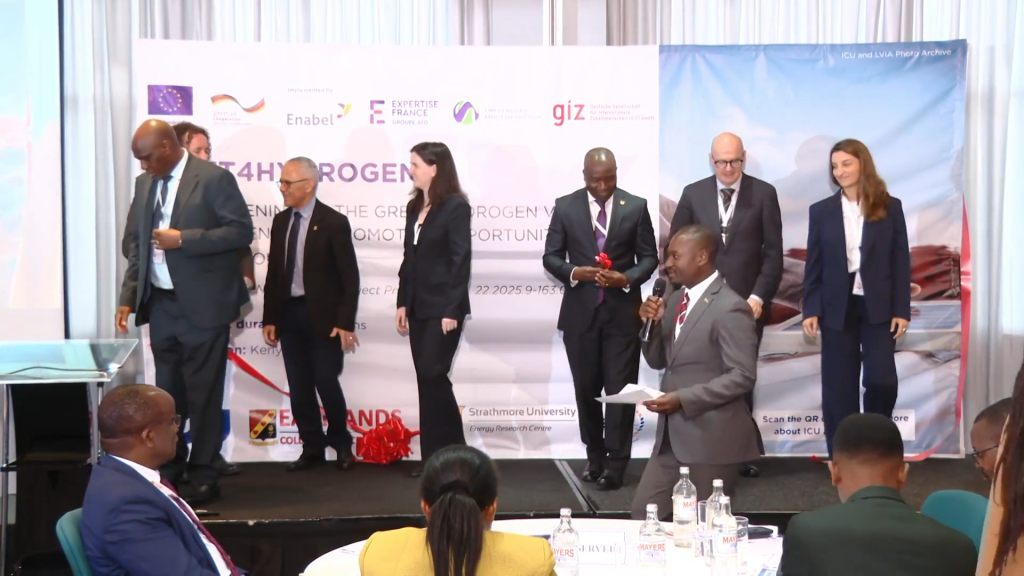A seismic shift is underway in Kenya’s technical education sector. The official launch of the ‘Vet4Hydrogen’ initiative marks not just a new curriculum, but the dawn of a new industrial era for the country. This strategic partnership between the German development agency GIZ, and the Kenya TVET Authority is a clear signal: Kenya is intentionally building its workforce to power a green, hydrogen-based economy.
What Vet4Hydrogen Means for Kenya
The initiative aims to directly integrate green hydrogen technology into the national TVET curriculum. As Dr. Schmidt of GIZ noted, “Kenya’s vast potential in solar and wind energy is the perfect engine for green hydrogen production. Vet4Hydrogen is not just about technology; it’s about human capital.”
This vision will be realised by embedding new, specialised modules into existing high-demand courses such as automotive engineering, plant operations, and electrical installation. Imagine a mechanic who can service a hydrogen fuel cell vehicle, an electrical engineer who can install and maintain electrolyser systems, or a plant operator managing a green hydrogen production facility. These will soon be the standard, not the exception.

The core mission is twofold:
1. Counter climate change by fostering a clean energy industry.
2. Position Kenyan youth at the forefront of the global green economy, creating a skilled workforce for high-value, emerging jobs.
At Vocation Hub Kenya, our mission has always been to bridge the gap between ambition and skill, connecting Kenyan talent with market-relevant opportunities. The Vet4Hydrogen initiative fundamentally expands the definition of “market-relevant.”
Here’s how this development directly shapes our future path:
1. Curating the Green Skills Pipeline: Our platform will evolve to become the premier digital destination for green skills in Kenya. We will actively partner with TVET institutions implementing the Vet4Hydrogen modules to feature these courses, highlight the certified trainers, and guide young Kenyans towards these future-proof careers. The “Vocation Hub” of tomorrow will have a dedicated “Green Tech” pillar, with green hydrogen skills at its core.
2. Bridging to Industry 2.0: Our role in connecting trainees with industry is about to get a major upgrade. We foresee building a specialised network of employers in renewable energy, manufacturing, and transport who are actively seeking talent skilled in hydrogen production, storage, and application. Vocation Hub Kenya will be the essential link, ensuring that the first generation of Kenyan hydrogen technicians seamlessly transitions into pioneering roles within the country.
3. Upskilling for the Present: The green transition won’t happen overnight. There is a critical need to upskill the current workforce. Alongside promoting new trainees, Vocation Hub Kenya will explore partnerships to offer short, targeted upskilling courses for existing artisans and technicians, helping them integrate hydrogen technology knowledge into their current expertise. This ensures no one is left behind in the energy transition.

The launch of Vet4Hydrogen is a national milestone. It aligns Kenya’s technical training with the unequivocal demands of a sustainable global economy. It equips our next generation not just to seek jobs, but to build a cleaner, more prosperous nation.